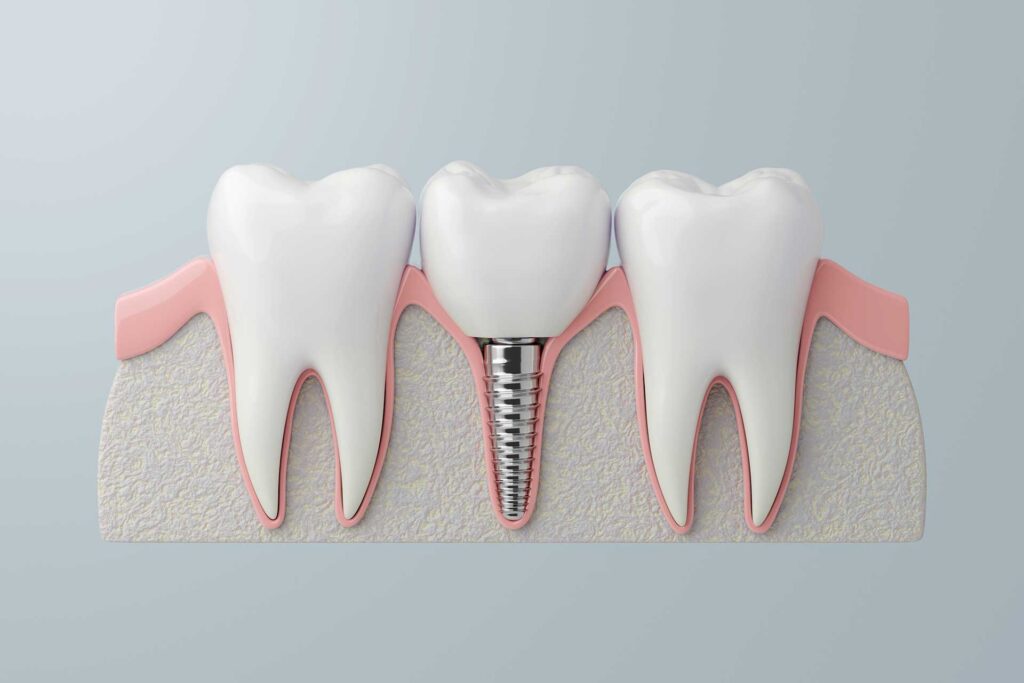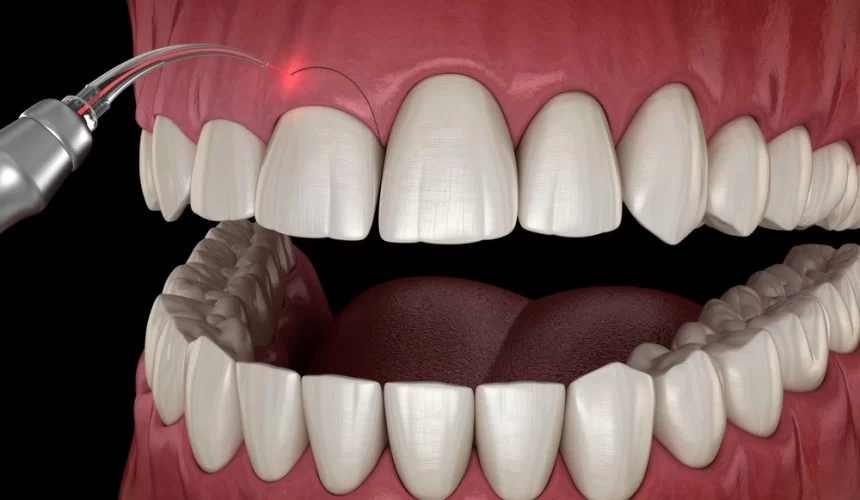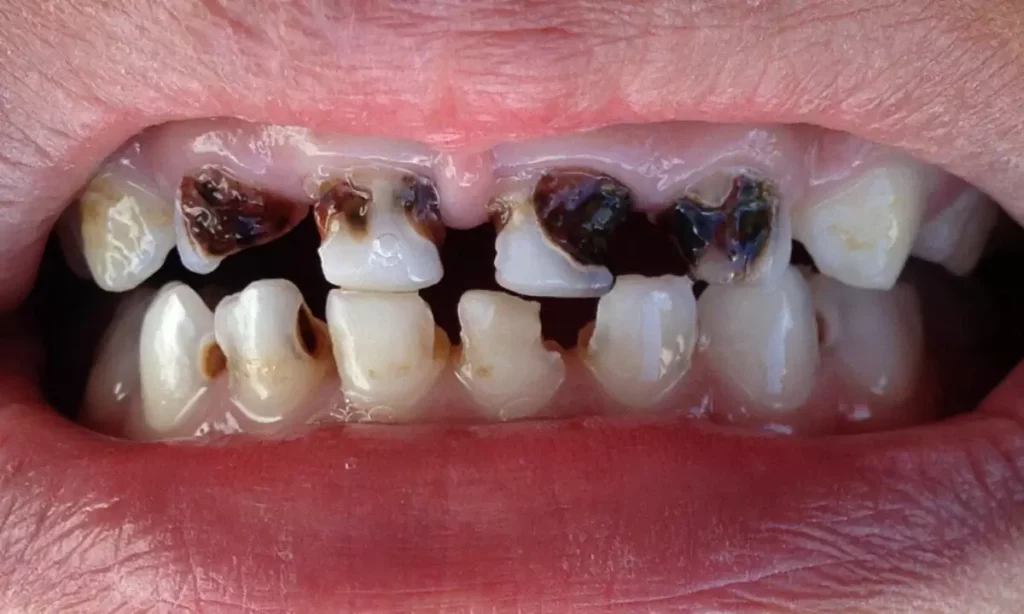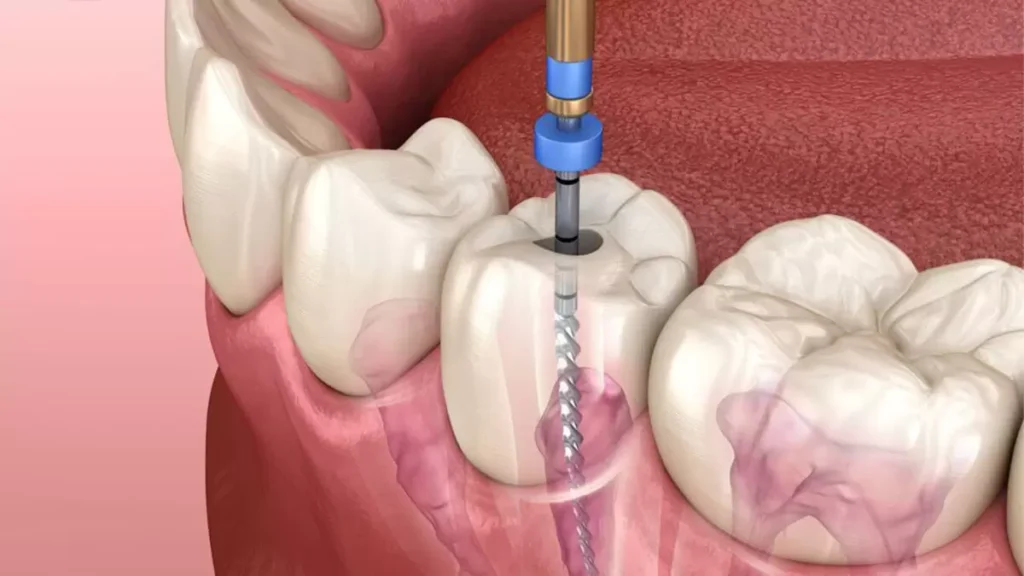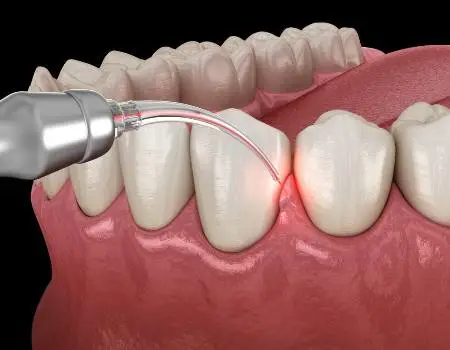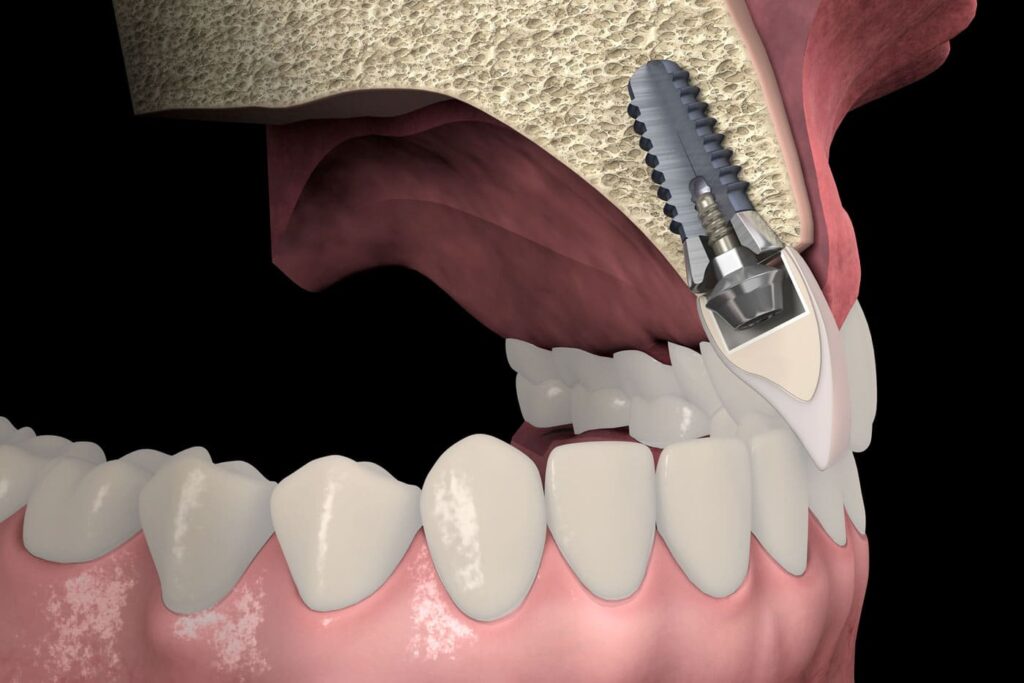Implant treatment is one of the most advanced and effective solutions for replacing missing teeth. However, for implants to be long-lasting and successful, several important factors must be taken into account. The success of implant treatment depends on both the patient’s overall health and the quality of care during the process. So, what should be considered to maximize the success of implant treatment? Here are the essential factors:
1. High-Quality Implant Materials and an Experienced Dentist
The quality of the implant material plays a crucial role in treatment success. Premium-grade titanium implants offer excellent bone compatibility and long-term durability. Additionally, the design and surface properties of the implant affect bone integration (osseointegration), which is vital for a stable and lasting outcome.
Equally important is the expertise of the dentist performing the procedure. An experienced specialist ensures precise implant placement at the correct angle and position, minimizing potential complications and improving the overall success rate.
2. Patient’s General Health and Bone Structure
The patient’s overall health condition significantly influences implant success. Certain health issues, such as uncontrolled diabetes, osteoporosis, and immune system disorders, may impair the implant’s ability to fuse with the bone. Therefore, a thorough health evaluation is necessary before proceeding with treatment.
Additionally, the thickness and density of the jawbone are critical factors. If the bone structure is insufficient, additional procedures such as bone grafting or sinus lifting may be required to provide adequate support for the implant.
3. Proper Oral Care and Routine Check-Ups
Post-treatment care plays a key role in maintaining implant success. Just like natural teeth, implants require regular cleaning and maintenance.
- Brushing at least twice a day, flossing, and using antibacterial mouthwash help prevent infections around the implant.
- Avoiding smoking is crucial, as it negatively impacts blood circulation and slows down healing, increasing the risk of implant failure.
- Routine dental check-ups allow early detection of potential issues, ensuring long-term implant stability and health.
Conclusion
For a successful implant treatment, factors such as high-quality materials, an experienced dentist, the patient’s overall health, and proper aftercare are essential. With careful planning and maintenance, implants can last a lifetime. Following your dentist’s recommendations and attending regular check-ups will ensure the best possible outcome for a healthy and confident smile.
Important Note: This content is for general informational purposes only. The appropriate treatment plan varies for each patient, making it essential to consult with a specialist dentist. Always seek professional advice before making any decisions regarding your dental health.
